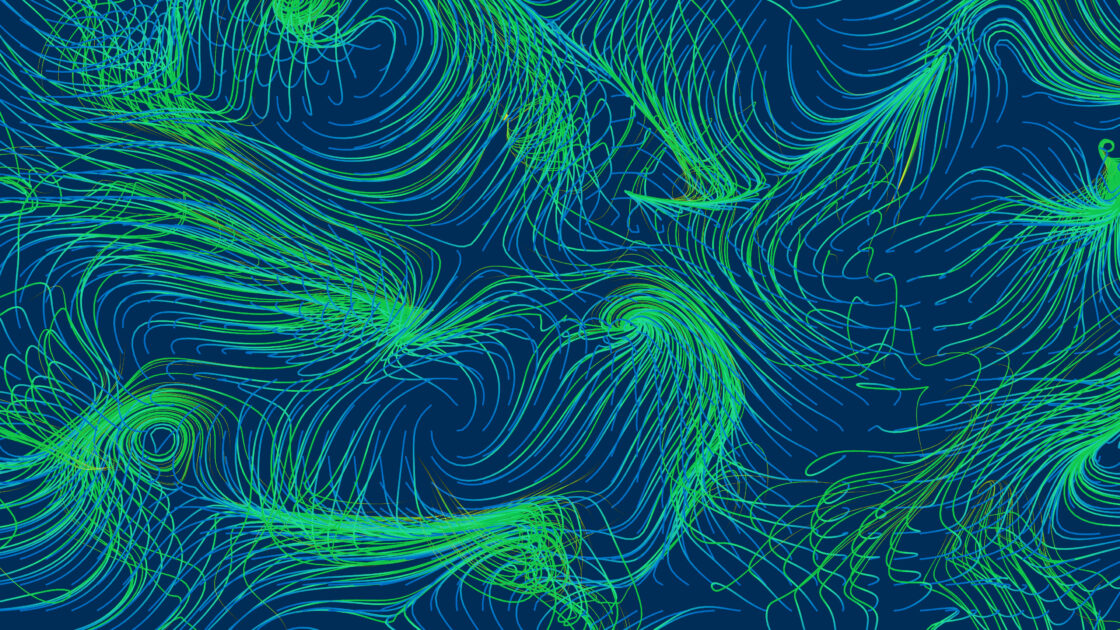by Anpotowin Jensen, Oglala Lakota Nation Embarking on the journey to the UN Environment Assembly Conference in Nairobi, Kenya, I felt a…
Highlights of 2023, picked by PLOS Climate Section Editors

As we approach the end of 2023, a year in which PLOS Climate has continued to grow its global community, we ask some of our Section Editors to share which of this year’s publications have caught their attention. Their selections highlight the important contributions our authors are making, including by drawing critical connections between research, decision-making, and policy.
***
Diogo Guedes Vidal- Section Editor for Social Science & Anthropology
“Time to talk about values, time to say no: What drives public participation in decision-making on abstract versus concrete energy projects?”– Perlaviciute and Squintani
This paper delves into a crucial aspect of developing socially-acceptable energy projects – the inclusion of individuals with diverse values in the decision-making process. The authors propose that engaging people with different values early on is key to fostering acceptance. What particularly caught my attention is the nuanced approach to timing; the suggestion that individuals with biospheric and altruistic values are more inclined to participate in abstract decision-making phases, such as national renewable energy targets, while those with egoistic and hedonic values may engage more when projects become concrete, like a local wind park. These insights are important clues to foster inclusive and meaningful decision-making processes.
***
Ana Maria Loboguerrero- Section Editor for Agriculture & Food Systems
“Maladaptation as a concept and a metric in national adaptation policy- Should we, would we, could we?”– Juhola and Käyhkö
Understanding maladaptation processes continues to be a gap for successfully implementing transformative adaptation. This paper addresses three of the most important discussions around climate adaptation: (i) monitoring and evaluating national level adaptation policy; (ii) the concept of maladaptation; and (iii) national versus local level approaches for evaluating adaptation strategies. By connecting these three dimensions, the paper highlights the importance of assessing national level maladaptation to accurately measure the adaptation gap. It constitutes a call to action in relation to the key elements for advancing the adaptation agenda globally.
***
Anjal Prakash- Section Editor for Policy & Governance
“Seven key principles for assessing emerging low-carbon technological opportunities for climate change mitigation action”– Gambhir and Nikas
This paper is pivotal for its timely exploration of transitioning to a low-carbon society through technological innovation. Addressing the urgency of reducing fossil fuel reliance, it introduces seven key principles for assessing emerging technologies. Beyond emissions reduction, the authors emphasize societal, environmental, and economic considerations. The paper recognizes the interconnectedness of technology with broader infrastructures and stresses the importance of a holistic approach involving diverse stakeholders. Its relevance extends beyond technical evaluation, making it essential for climate researchers, policymakers, and stakeholders navigating the complexities of sustainable technology adoption in the journey toward a low-carbon future.
***
Kris Karnauskas- Section Editor for Atmosphere & Oceans
“Projections of changes in the global distribution of shallow water ecosystems through 2100 due to climate change”– Moki et al.
Shallow water ecosystems are important in terms of habitat and biodiversity, but also provide several essential services to society such as carbon sequestration, flood mitigation, and more. Moki et al. evaluate the drivers of change for global shallow water ecosystems, rather than single or small groups of individual ones. The considered drivers included changes in water temperature, productivity, and sea level rise. In doing so, Moki et al. use relatively broad assumptions and parameterizations that may not apply equally well to individual locations, but this enables an overall global assessment that is valuable input to international policy discussions, and may serve as a roadmap for more targeted, localized investigations with higher resolution and accounting for greater complexity in the assumed relationships between climate drivers and ecosystem scale. The results show that while some coastal ecosystems decline sharply, such as coral habitats, others like seagrass meadows grow modestly. By including both low and high carbon emission scenarios, Moki et al. shed light on the scale of impact that international policy around emissions can have on shallow water ecosystems.